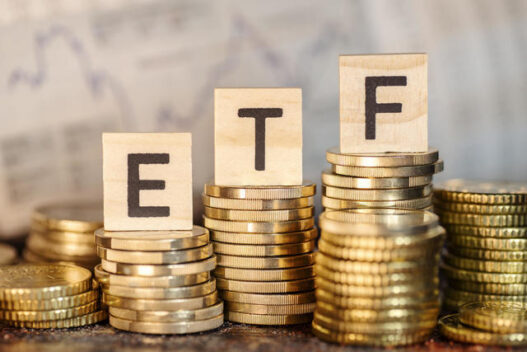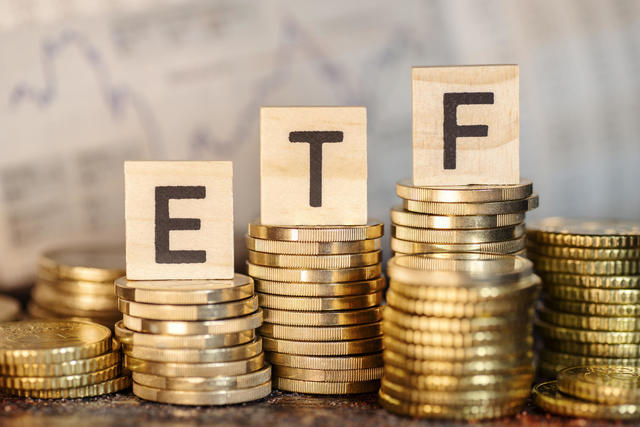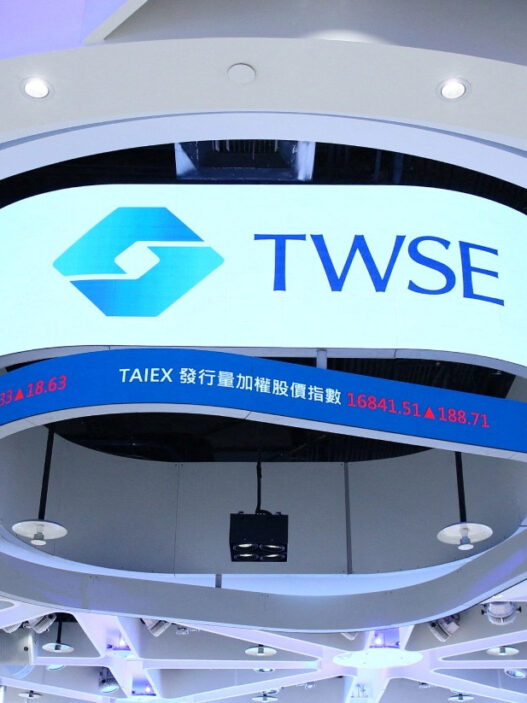Thematic ETFs Take a Backseat as Broad Market Soars
Powered by MasterCFA.com
What Happened?
Investors are pulling money out of thematic Exchange-Traded Funds (ETFs) and redirecting their capital towards broad stock market benchmark ETFs. This shift comes as major stock indexes like the S&P 500 are hitting record highs. Thematic ETFs, which focus on specific sectors such as artificial intelligence, robotics, or renewable energy, are experiencing significant outflows for the third consecutive year.
Why Does This Matter?
Impact on the Economy:
This trend reflects a changing investor sentiment and could impact various sectors of the economy. As capital flows away from specialized themes, it may affect funding for innovative industries and potentially slow down technological advancements in these areas.
Personal and Business Effects:
- For individual investors, this shift might mean missing out on potential gains in specific sectors but also reducing exposure to more volatile, specialized investments.
- Businesses in niche sectors might face challenges in attracting investment, potentially affecting their growth and innovation capabilities.
Theoretical Concepts in Action:
a) Economic Theories at Play:
- Efficient Market Hypothesis (EMH): The movement towards broad market ETFs suggests investors might be embracing the idea that markets are efficient, making it difficult to consistently outperform through specialized strategies.
- Risk-Return Tradeoff: Investors seem to be favoring the perceived lower risk of broad market ETFs over the potentially higher returns (and higher risk) of thematic ETFs.
- Behavioral Finance: The herding behavior is evident as investors follow the trend of moving towards benchmark ETFs that are performing well.
b) Real-World Application:
- EMH in Action: The success of broad market ETFs like SPY reaching $600 billion in assets demonstrates investors’ faith in market efficiency. Historically, this aligns with periods where active management struggled to outperform passive strategies consistently.
- Risk-Return Tradeoff Example: During the dot-com bubble, many investors chased high returns in tech-focused funds, only to face significant losses when the bubble burst. The current shift to broader ETFs might indicate a more risk-averse approach.
- Behavioral Finance Application: Similar herding behavior was observed during the 2008 financial crisis when investors fled to safe-haven assets. In this case, the “safe haven” appears to be broad market ETFs.
What Could Happen Next?
- Potential Rebound: If the broader market faces a downturn, investors might return to thematic ETFs in search of outperformance.
- Innovation in ETF Offerings: ETF providers might create new products that blend thematic and broad market approaches to attract investors.
- Regulatory Scrutiny: Increased popularity of broad market ETFs could lead to more regulatory attention on their impact on market dynamics.
Why You Should Pay Attention:
Understanding these market trends is crucial for making informed investment decisions. The shift from thematic to broad market ETFs highlights the importance of:
- Diversification in investment portfolios
- Recognizing market cycles and investor sentiment
- Balancing risk and potential returns in your investment strategy
By grasping these concepts, you can better navigate market trends, potentially improving your investment outcomes and becoming a more astute financial analyst.
Questions to Ponder:
- How might the concentration of capital in broad market ETFs affect market efficiency and price discovery for individual stocks?
- What economic conditions or technological advancements could trigger a resurgence in thematic ETF popularity?
- How does the shift towards broad market ETFs align with or contradict the principles of active vs. passive investment management?
- In what ways could the current trend impact the development of emerging technologies and industries that rely on thematic investment?
- How might the role of financial advisors evolve in response to this shift in investor preferences?
Keep Learning with MasterCFA: Understanding market trends and ETF dynamics is crucial for any aspiring financial analyst. Dive deeper into these topics to enhance your knowledge and prepare for the CFA Exam. Explore more insightful articles and resources with MasterCFA to stay ahead in your finance career.















